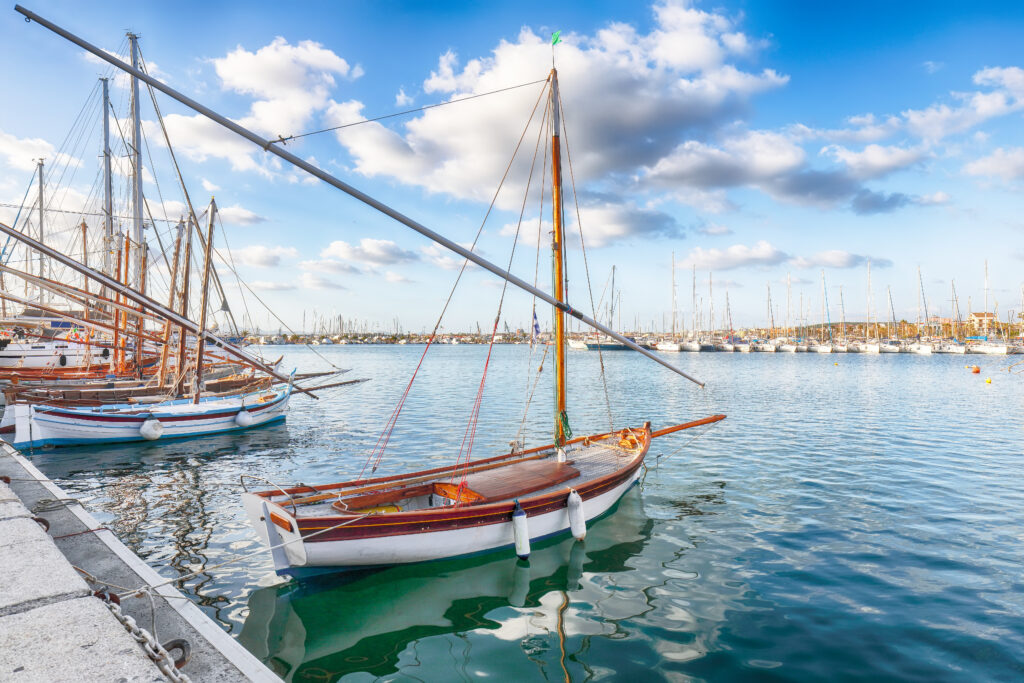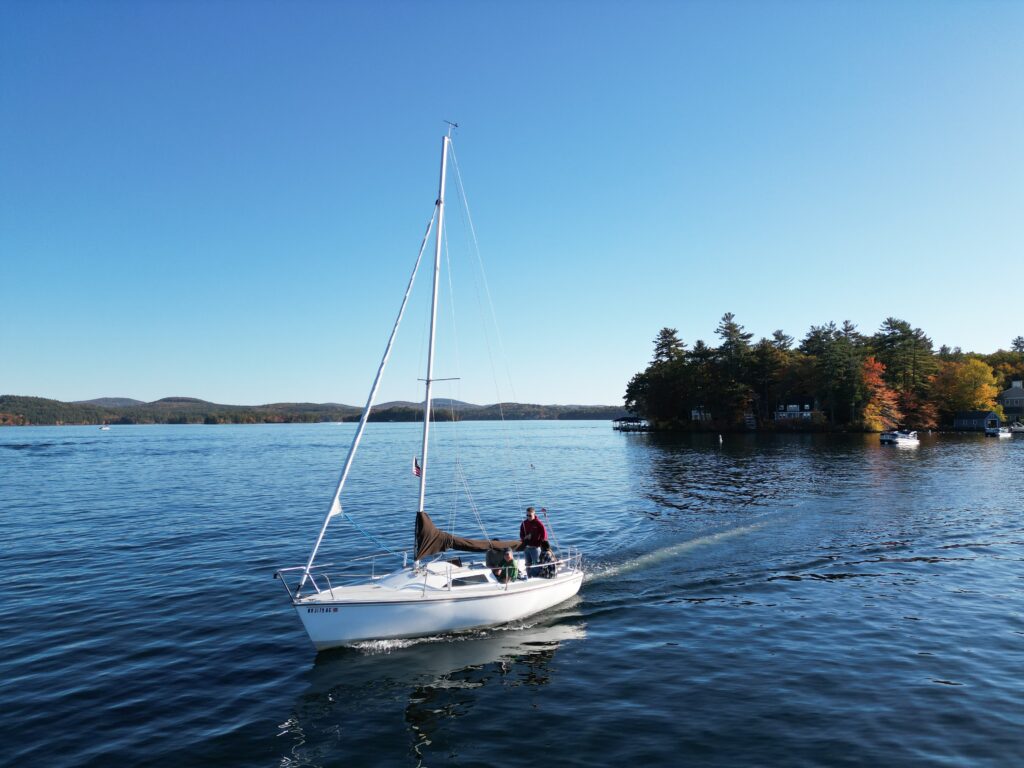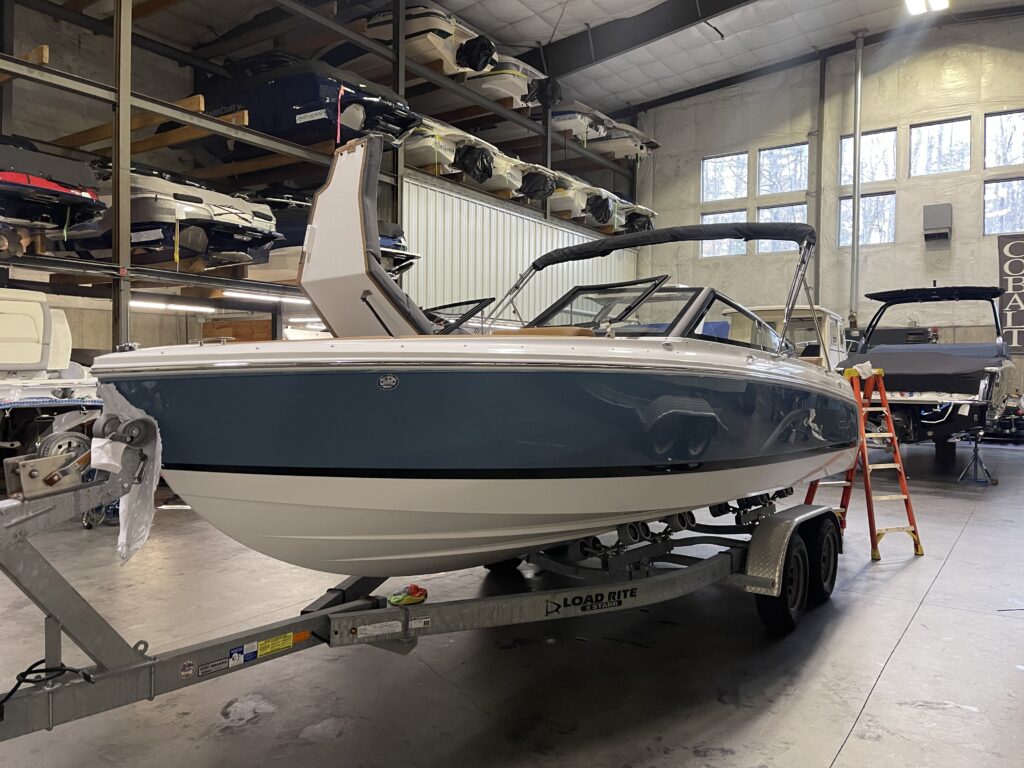Boats have played an essential role in human history, enabling exploration, trade, travel, and survival across millennia. Asking when were boats invented invites a fascinating journey through time—from the earliest dugouts carved by prehistoric hands to the advanced vessels that now traverse oceans. While no precise date exists for the first boat, archaeological and historical evidence suggests that watercraft may be among humanity’s oldest technological achievements.
Understanding when were boats invented gives us insight into the ingenuity of early civilizations and how water travel laid the groundwork for the global connectivity we know today.

The Earliest Evidence of Boats in Human History
When asking when were boats invented, archaeologists point to the Pesse canoe—believed to be the oldest known boat—discovered in the Netherlands and dated to around 8,000 BCE. Carved from a hollowed tree trunk, this ancient vessel marks the beginnings of human interaction with water beyond swimming or floating.
Watercraft likely existed even earlier, but organic materials like wood and reeds degrade over time, making preservation rare. Still, the evidence from tools, settlement locations, and riverine cultures suggests that early humans built simple boats to cross rivers, fish, and migrate long before written history.

Boats in Ancient Civilizations
To further understand when were boats invented, we can examine their role in early river valley civilizations. Ancient Egypt, Mesopotamia, and the Indus Valley all developed boats as part of their economic and cultural life:
- Ancient Egypt used wooden boats for transporting goods and people along the Nile as early as 3,000 BCE.
- Sumerians constructed reed boats to navigate the Tigris and Euphrates Rivers around the same period.
- Indus Valley inhabitants likely utilized flat-bottomed boats for river trade and transport.
Boats were not only tools of transportation but also central to agriculture, trade, and military power in early societies.
Seafaring and the Invention of Maritime Navigation
While early boats were confined to rivers and lakes, the invention of seafaring vessels marks another major milestone in understanding when were boats invented. By 2,500 BCE, the Austronesian peoples of Southeast Asia had begun constructing ocean-going canoes capable of long voyages.
These early seafarers used sophisticated navigation techniques based on stars, currents, and wind patterns to explore and settle distant islands across the Pacific and Indian Oceans. This phase in boat development laid the foundation for long-distance maritime trade and cultural exchange.

Boats in Classical Antiquity
When were boats invented in the context of ancient empires? The Phoenicians, Greeks, and Romans advanced boat design significantly, developing sail-powered ships with keels, rudders, and multiple oars.
- Phoenicians are credited with creating some of the earliest merchant fleets around 1,200 BCE.
- Greek triremes combined rowing and sail power for speed and agility in warfare.
- Roman galleys demonstrated the importance of naval dominance in expanding empires.
These innovations mark a pivotal point in answering when were boats invented as tools for organized naval warfare and trade on a large scale.
Medieval and Renaissance Maritime Innovation
The Middle Ages saw continued innovation in boat construction. Viking longships from around 800 CE, for example, featured clinker-built hulls and shallow drafts, enabling navigation in both open seas and shallow rivers.
Later, during the Renaissance, the invention of the caravel and carrack revolutionized maritime travel. These ships allowed European explorers like Columbus and Magellan to cross oceans, establishing global trade routes and colonial empires.
The question of when were boats invented now expands to include when they became key instruments in shaping global history.

The Industrial Revolution and Modern Boat Technology
The next major transformation in the timeline of when were boats invented came with the Industrial Revolution. Steam-powered ships emerged in the 19th century, dramatically reducing travel time and increasing cargo capacity.
By the 20th century, boats were powered by diesel engines, steel hulls, and sophisticated navigation systems. Pleasure boats, ferries, cargo ships, and military vessels became specialized and highly advanced.
This era marked the transition from handcrafted wooden vessels to mass-produced, machine-driven watercraft.
Recreational Boating in the Modern Era
In the modern age, the concept of when were boats invented also encompasses personal watercraft. The development of recreational boating took off in the mid-20th century, with fiberglass replacing wood and outboard motors becoming accessible to the average consumer.
Today, boats are built for fishing, sport, leisure cruising, and luxury yachting. Innovations in solar and electric propulsion point to the continued evolution of boat technology.

Cultural Significance of Boats Through History
When analyzing when were boats invented, it’s clear they have always held more than just practical value. Boats appear in myths, religious texts, and artistic depictions around the world. From Noah’s Ark to Viking burial ships, they symbolize transition, adventure, survival, and discovery.
Their presence across cultures affirms their integral place in human development and identity.
Boats and Modern Finance
While asking when were boats invented is primarily a historical question, it also ties into modern concerns—particularly cost and access. Financing a boat today can be a critical step in making ownership realistic.
Services like Float Finance specialize in helping buyers fund the purchase of new or used boats with tailored marine loan options. While boats have evolved from dugout canoes to complex vessels, the need for smart planning and resources remains timeless.

Conclusion
When were boats invented? While exact dates may elude historians, archaeological evidence suggests boats have existed for tens of thousands of years. From simple dugouts to sail-powered fleets and modern motorboats, human history is deeply tied to our ability to travel across water.
Boats have enabled exploration, trade, and cultural exchange throughout history. And for those looking to become part of that tradition today, financial solutions from Float Finance can help turn the dream of boat ownership into a reality. Learn more at Float Finance’s Boat Loans page.
